Fossil Hunters Uncover 71-Million-Year-Old Trove in Antarctica
After a plane flight, boat ride, helicopter lift and a lot of hiking, the scientists returned with a massive cache of fossils
Fossil hunting is an adventure anywhere—but when the search is on one of the most remote localities, complications are inevitable. But for an international team of scientists, the hard work recently paid off with a prize of over a ton of fossils from ancient marine creatures, dinosaurs and birds that lived during the late Cretaceous Period, roughly 71 million years old.
To reach Antarctica, the scientists flew to South America, and then endured a five-day trip through the Drake Passage. The passage is famous for some of the roughest seas on Earth, and the team battled seasickness throughout the journey. Once they arrived offshore, they set up their home base with the assistance of both helicopters and inflatable boats.
"It's a very hard place to work, but it's an even harder place to get to," Steve Salisbury, a researcher at the University of Queensland and one of the scientists on the expedition, says in a release.
Salisbury was one of 12 scientists from the U.S., Australia and South Africa that ventured south on a fossil hunting mission to James Ross Island, located on the Antarctic Peninsula. Over five weeks, the team camped on Vega island, hiking over six miles a day to to reach their main hunting grounds where they systematically sorted through rocks.
The scientists retrieved over a ton of fossils from ancient marine creatures, dinosaurs and birds that lived during the late Cretaceous Period. The massive stash could take years for them to catalog and study. For now, they say, the fossils will make their way to Chile and then Pittsburgh's Carnegie Museum of Natural History.
The journey may have had serious intentions (and required major commitment from researchers). But that doesn't mean the team doesn't have a sense of humor. This tweet sums up their take on the trip—and the inherent coolness of hunting fossils for a living.
Palaeontologist @implexidens's Antarctic adventures from @UQ_News: ICE COLD DINOSAURS https://t.co/8IVhaymVMc pic.twitter.com/oR6EVhPLyi
— Aust Science Channel (@RiAus) April 19, 2016
/https://tf-cmsv2-smithsonianmag-media.s3.amazonaws.com/accounts/headshot/erin.png)
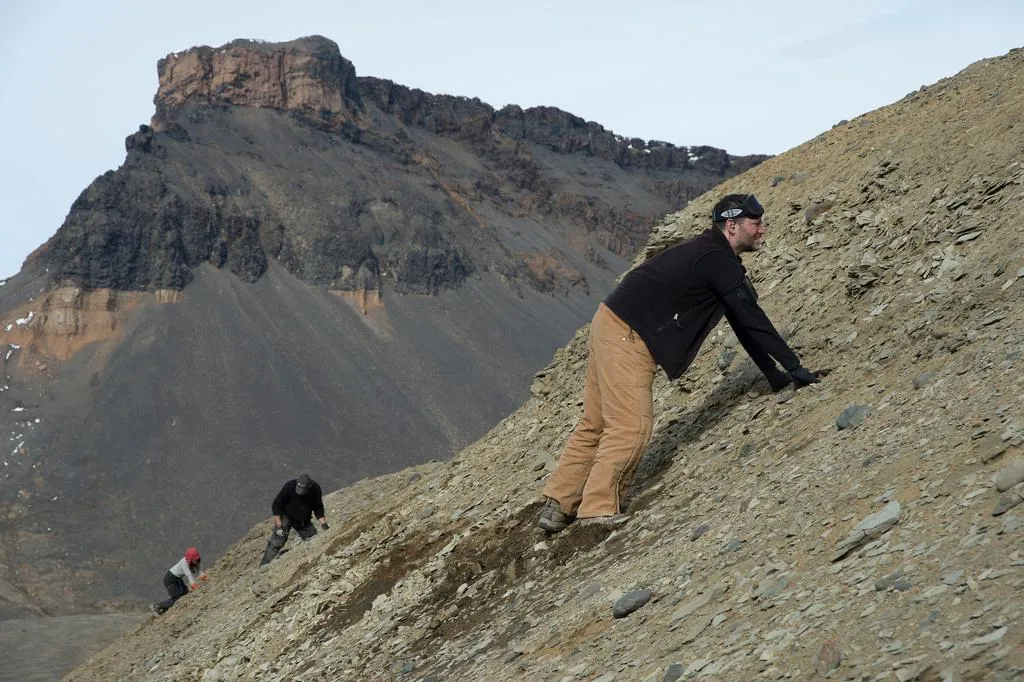
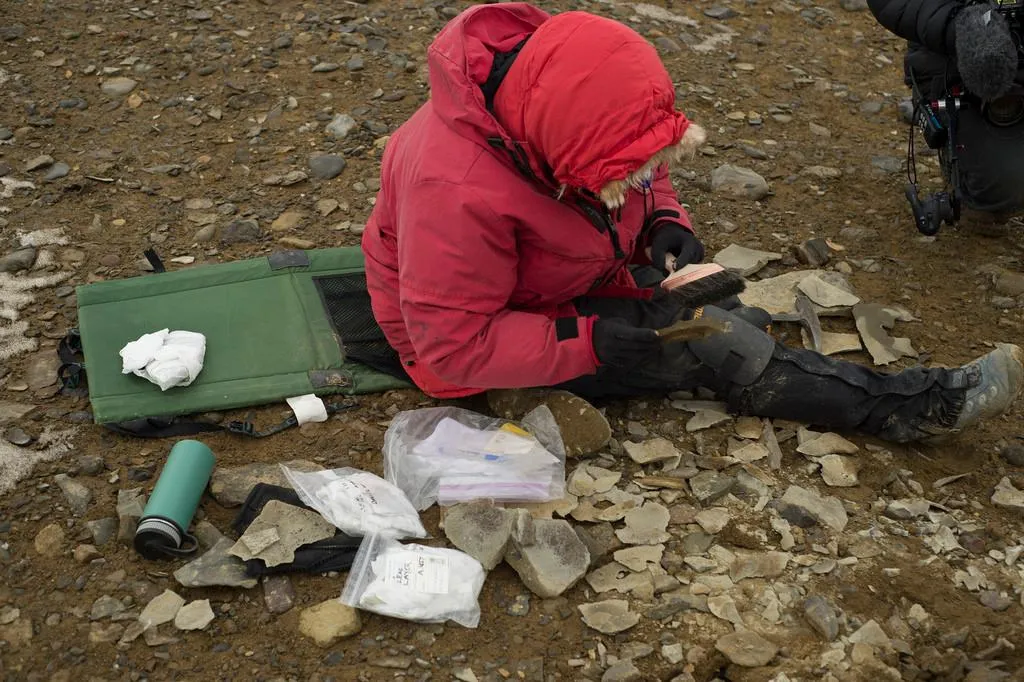
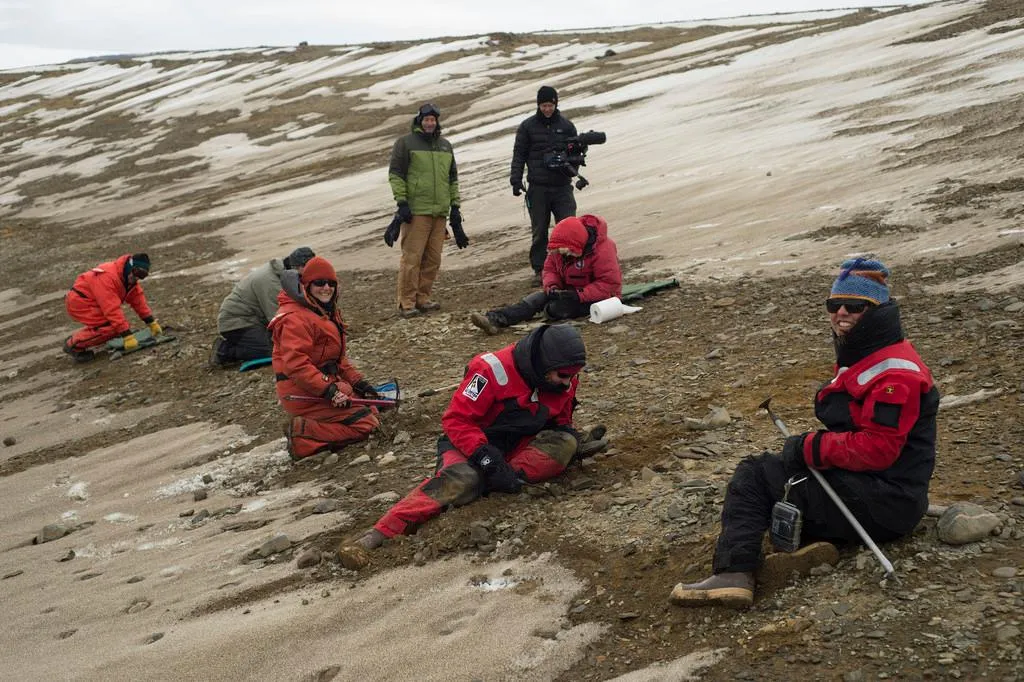

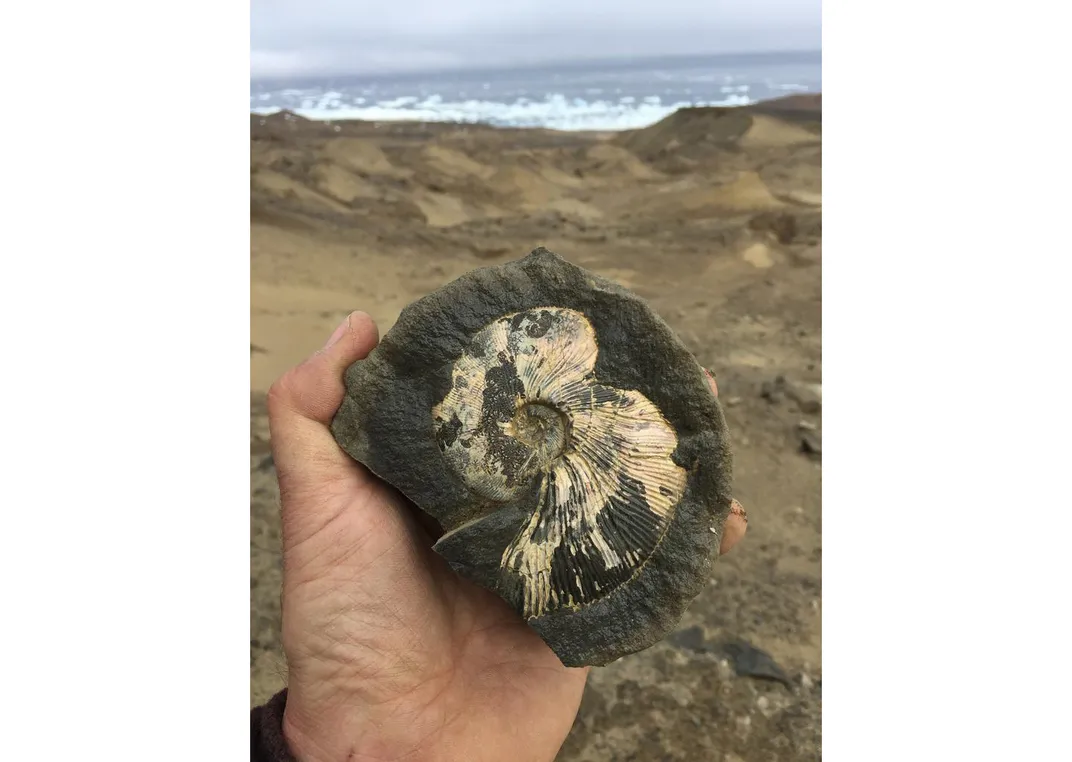
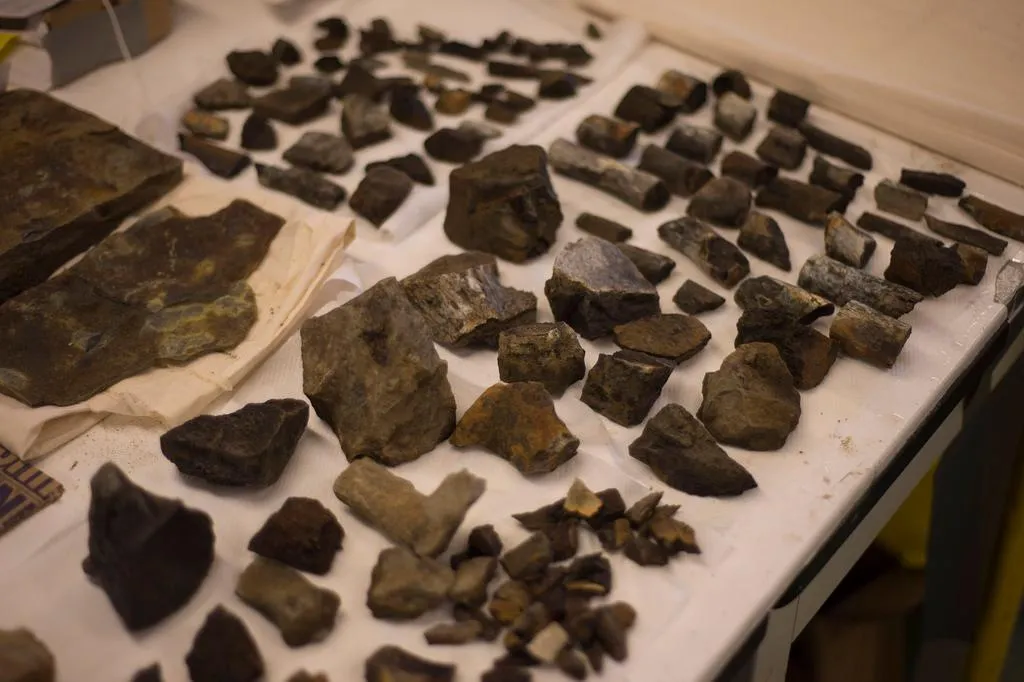
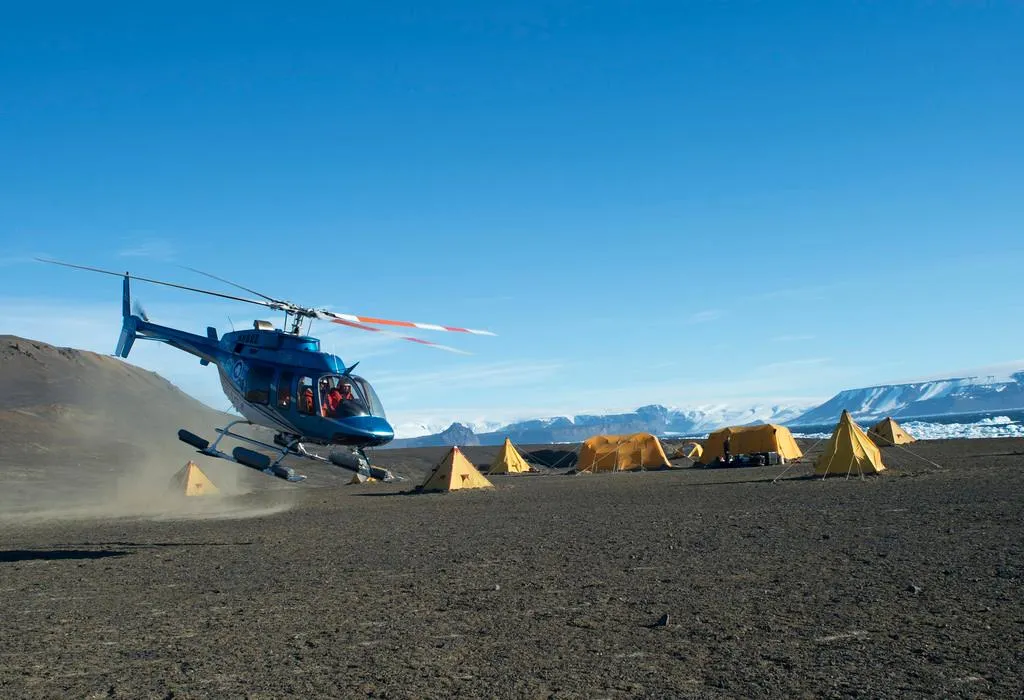
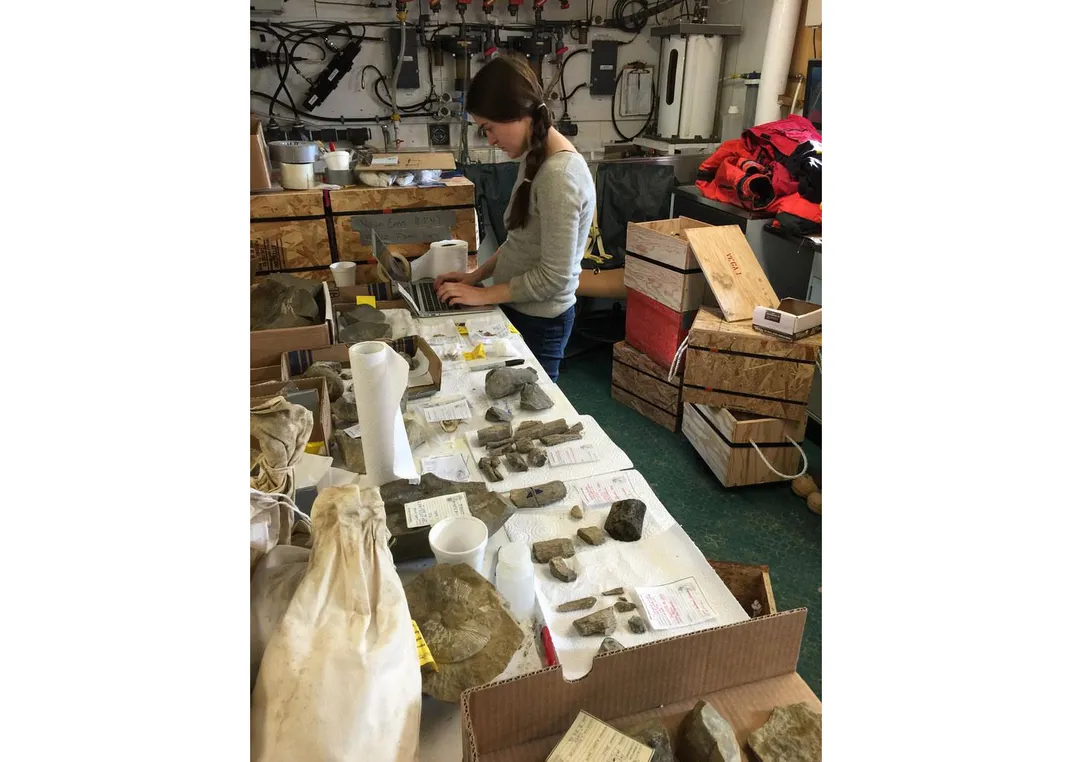
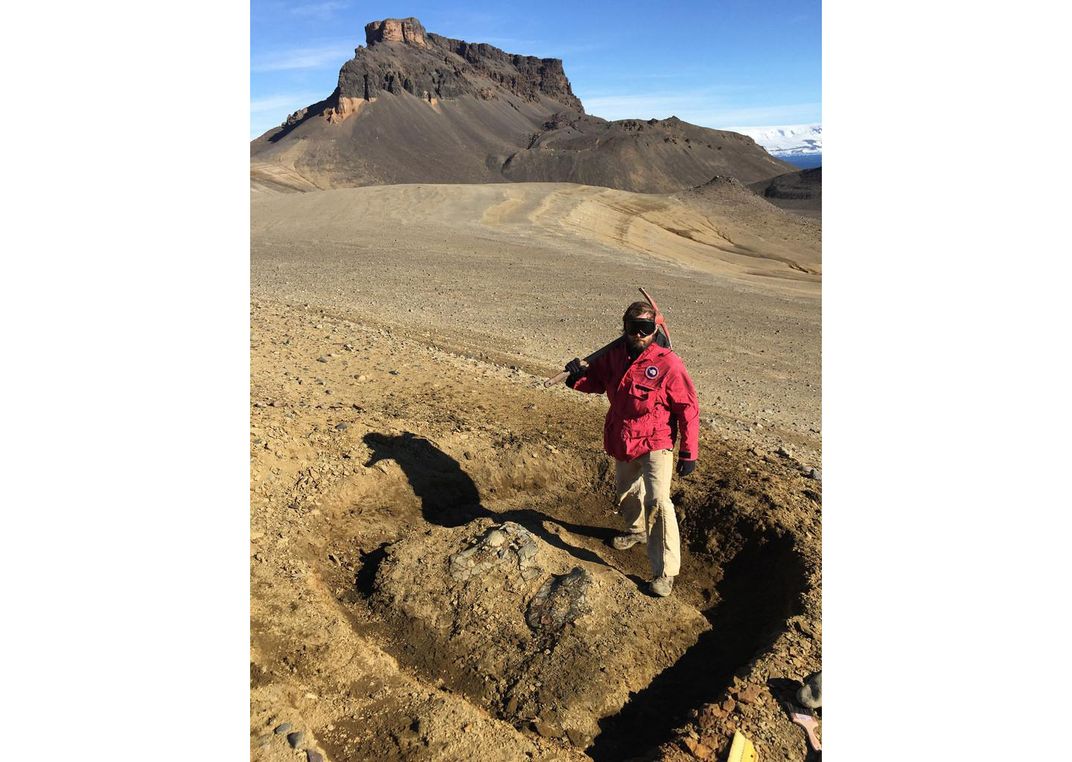
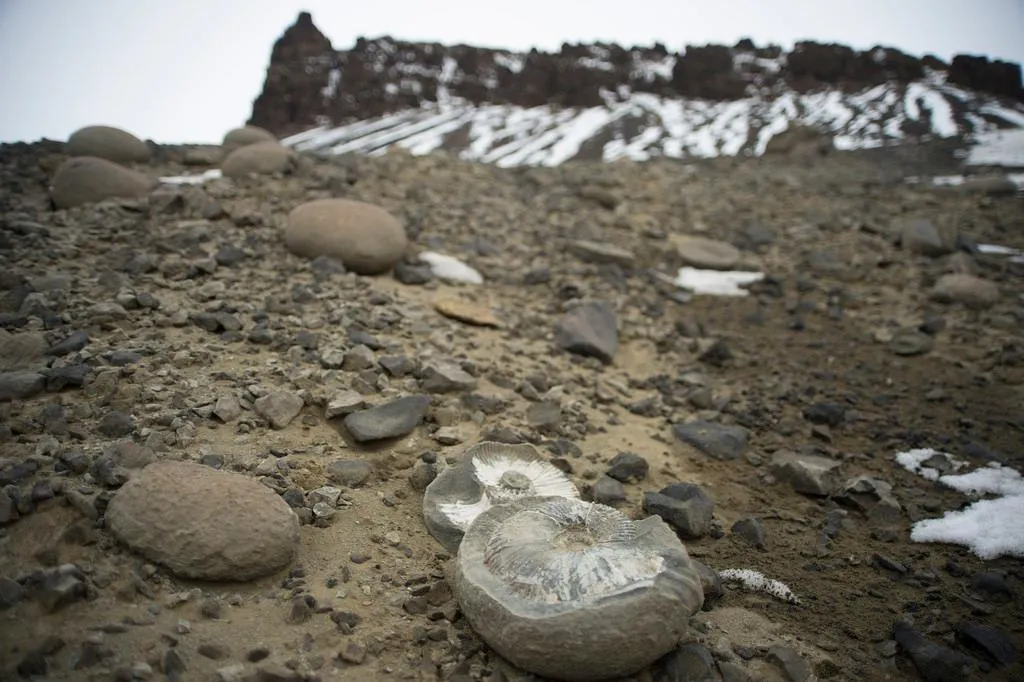
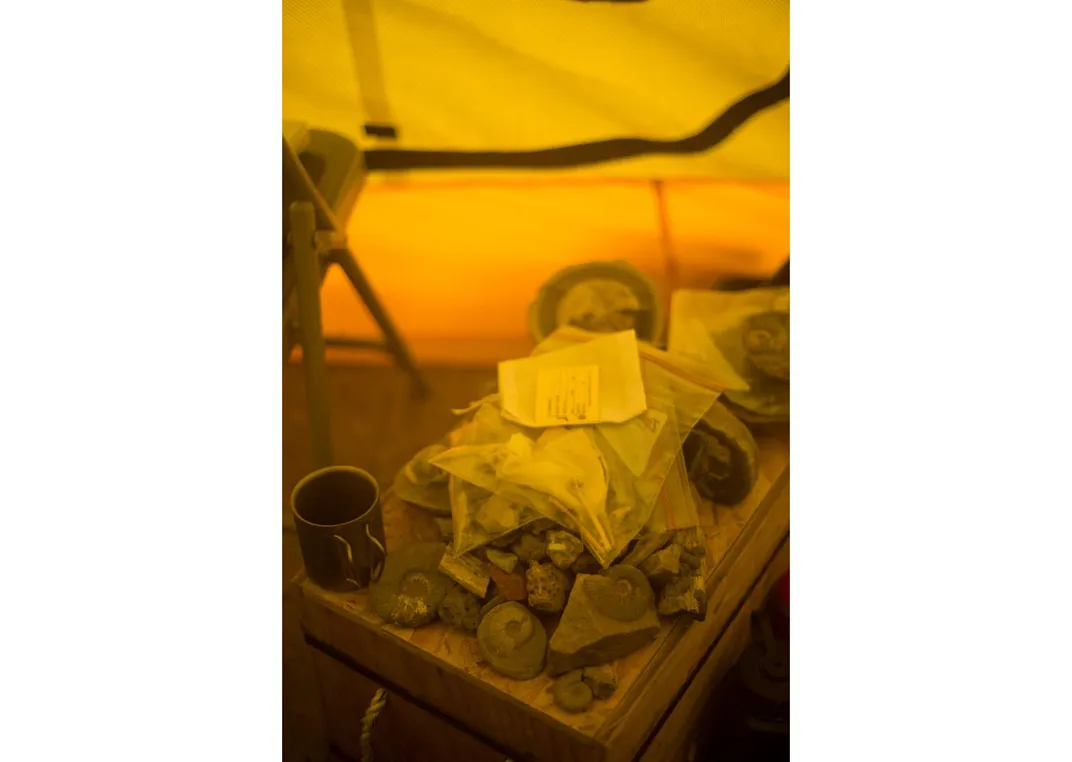
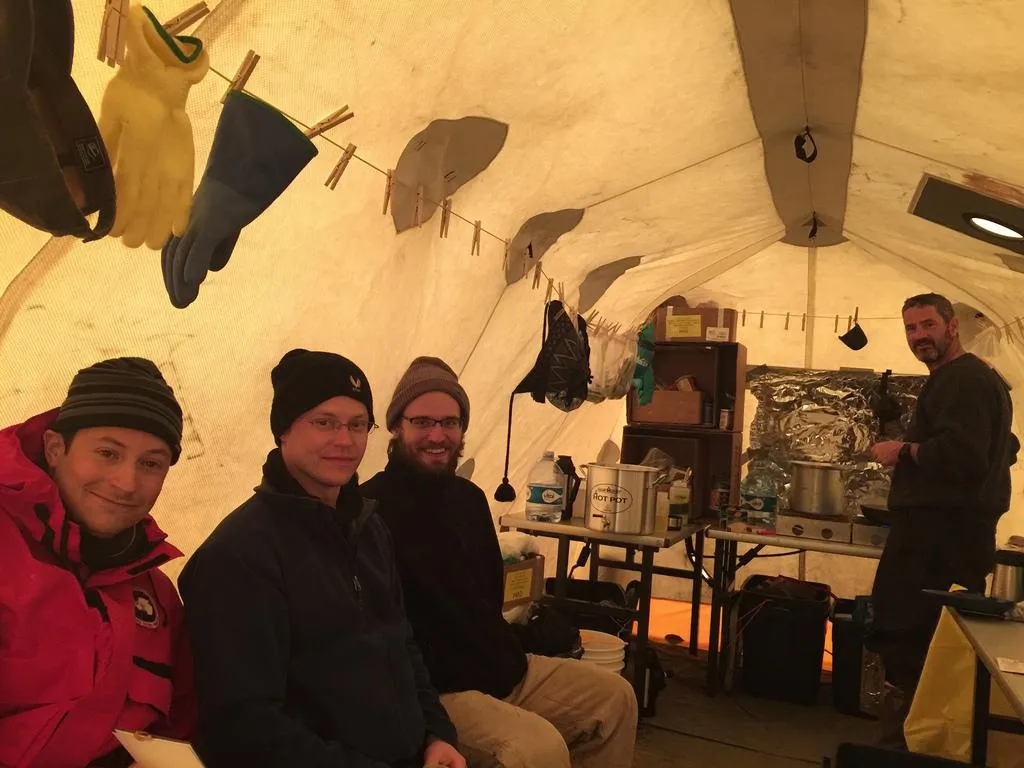
/https://tf-cmsv2-smithsonianmag-media.s3.amazonaws.com/accounts/headshot/erin.png)